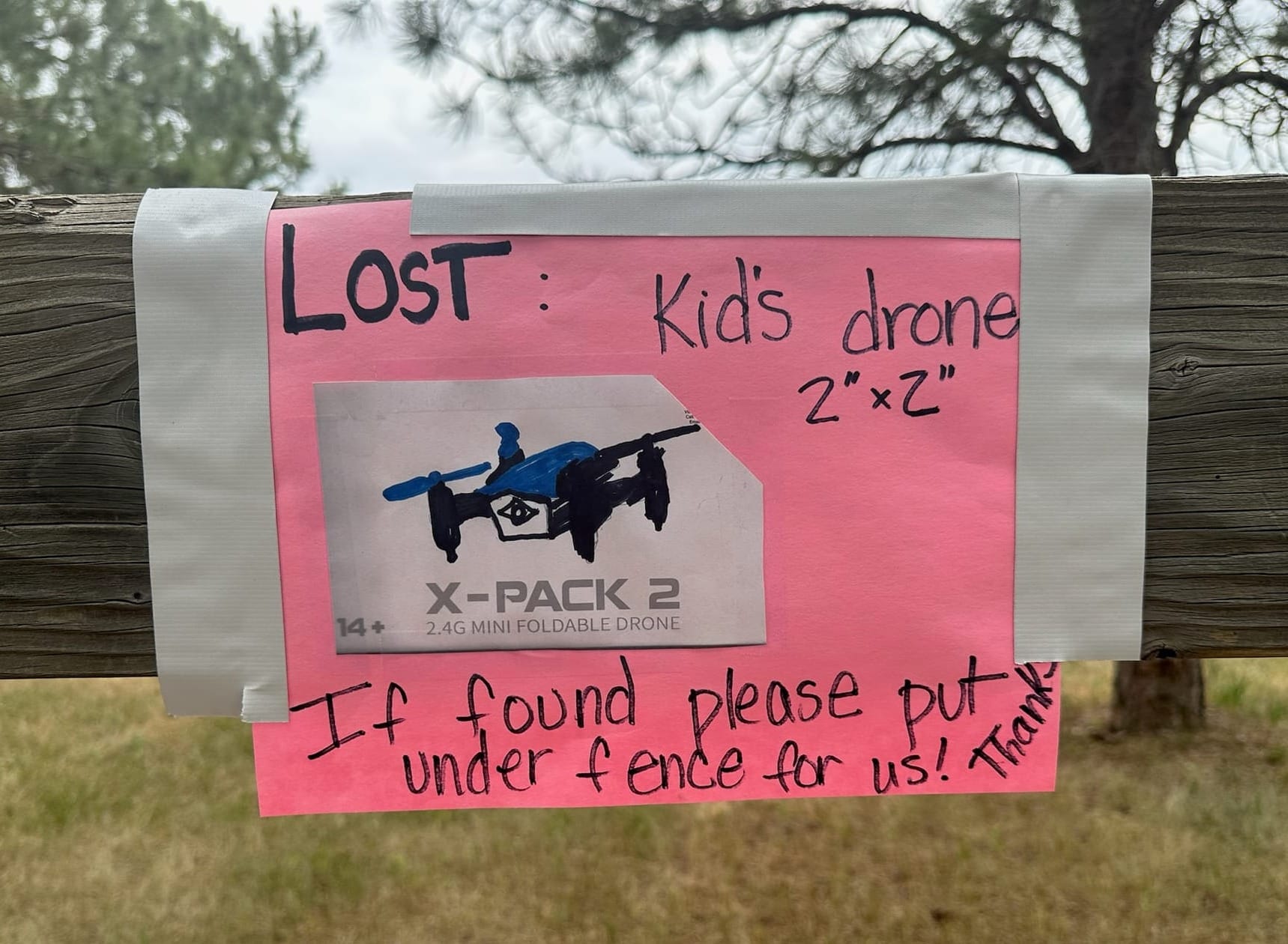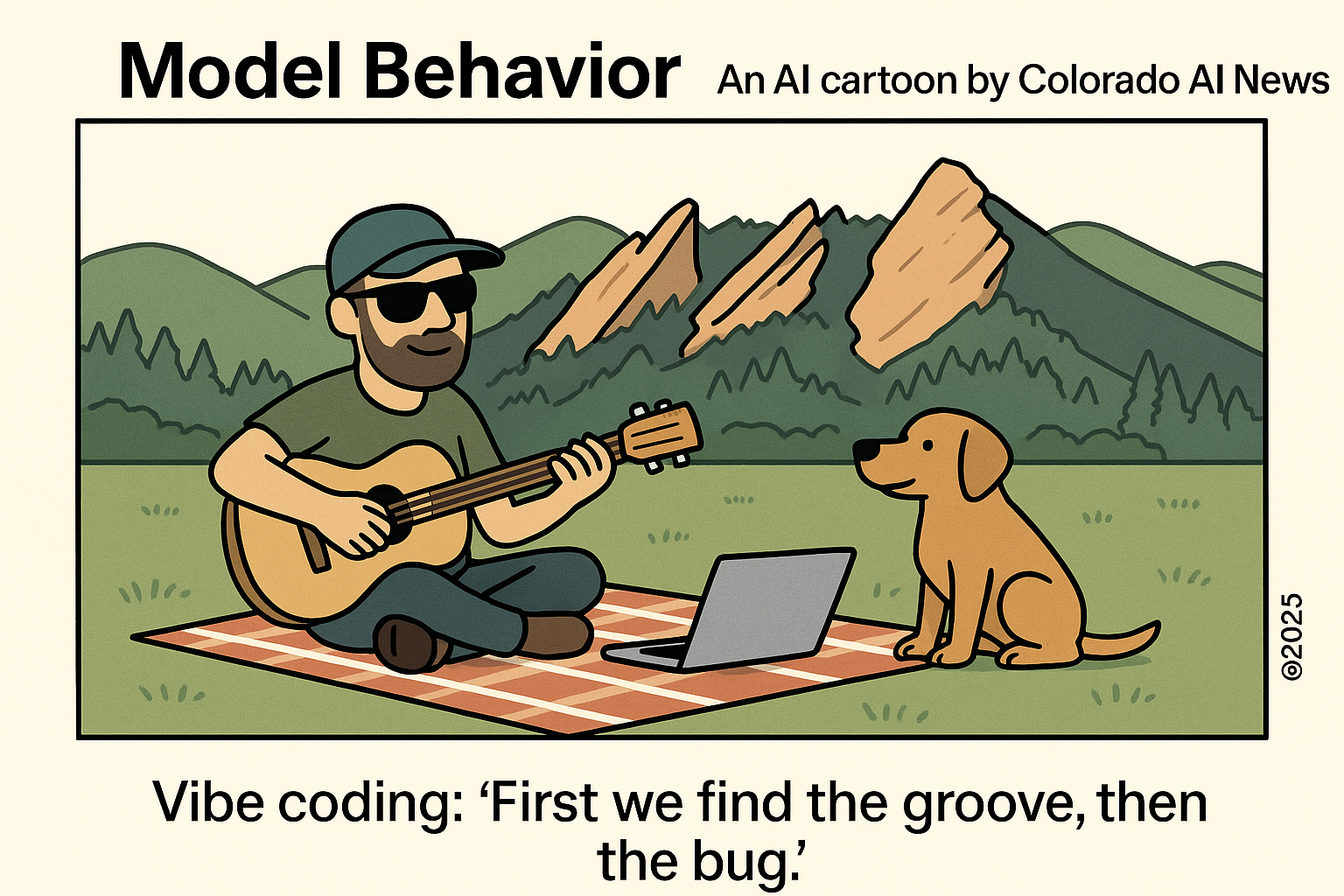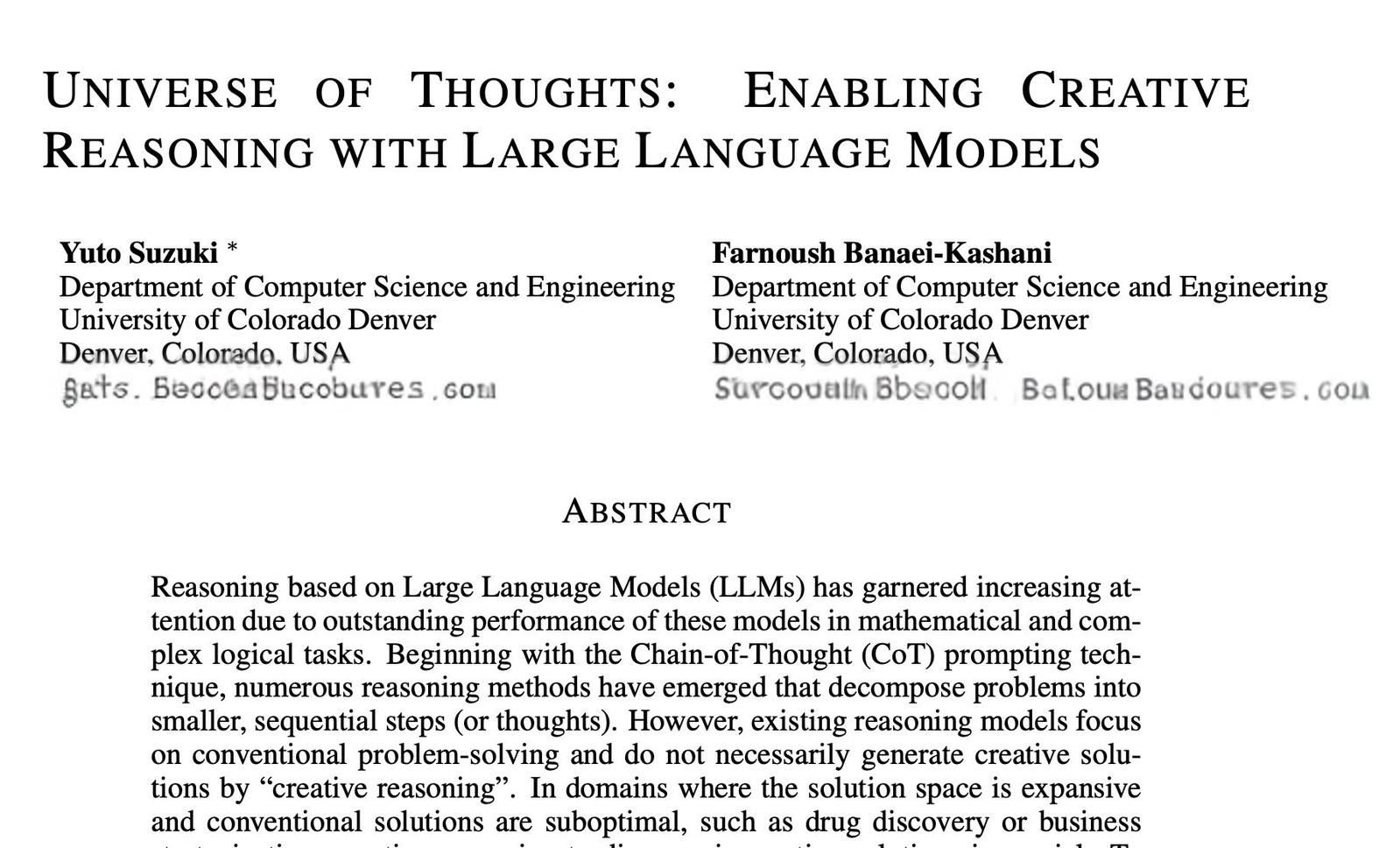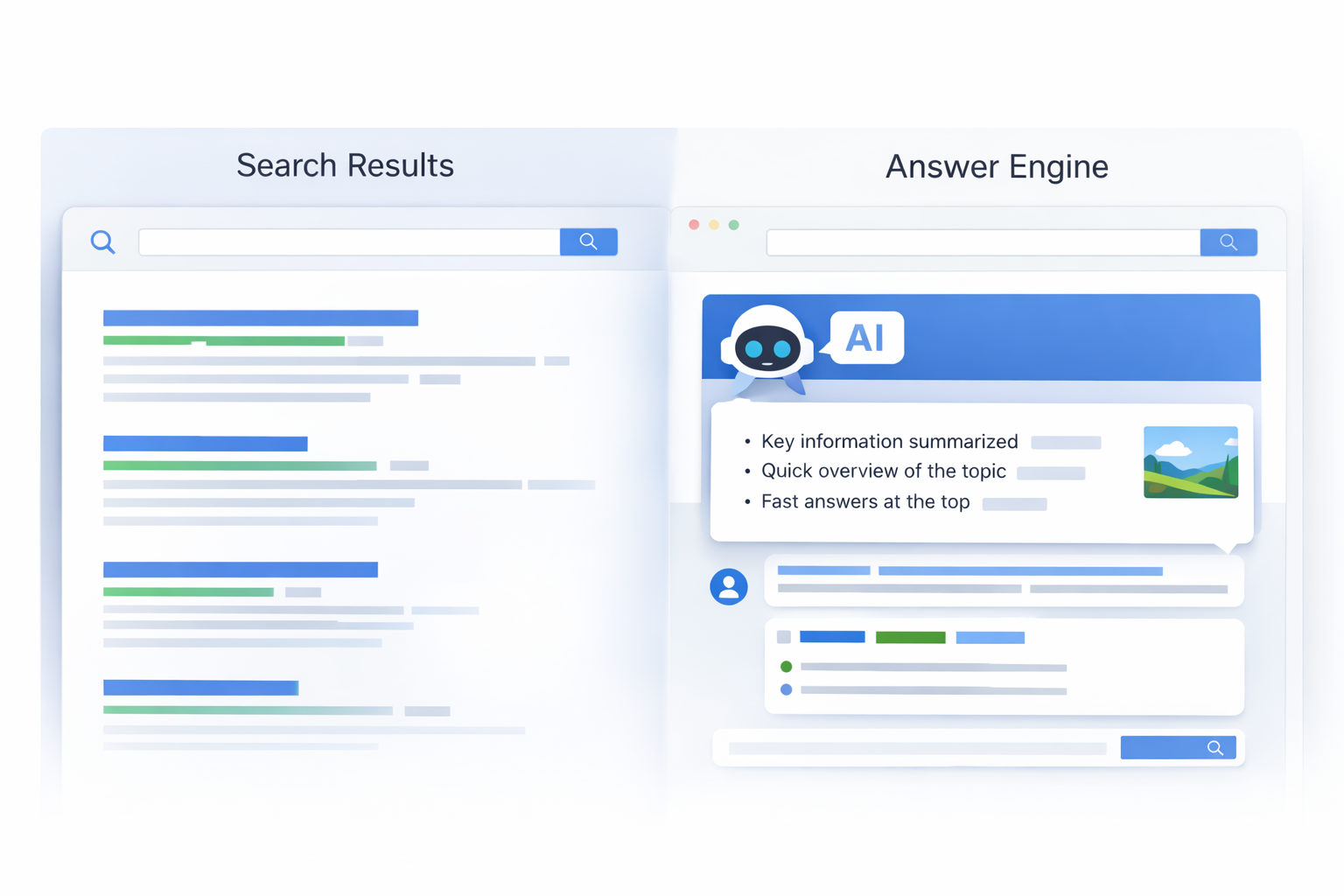Colorado has climbed into the national top 10 for artificial intelligence use. A new study from Anthropic places the state eighth in the country for per-capita AI use, a sign that AI is moving beyond early adopters and into the mainstream of Colorado’s economy and culture.
A closer look at the numbers
Anthropic's Economic Index measures AI use relative to the size of a state’s working-age population. In other words, it looks at how many more people in each state (or fewer people, as the case may be) are using Anthropic’s Claude platform than would be expected based on population share.
Colorado’s ranking reflects steady growth across industries — from startups and higher education to healthcare and professional services. While the state has never been counted among the nation’s topmost tech hubs, this new ranking suggests that Colorado is gaining ground and building a more visible role in the national AI conversation.
Top 15 states for AI use, relative to working-age population
(Source: Anthropic, Economic Index: Geography and AI Use 2025)

Why Colorado? A balanced profile
Different states show distinctive AI adoption patterns. Washington, D.C., for example, leans heavily on AI for document editing and policy drafting. California’s use skews toward coding, while New York’s financial sector is a major driver. (We address below what's behind Utah's somewhat surprising placement, as they are virtually tied with D.C. atop the rankings.)
Colorado’s mix is more balanced. Universities and labs, from CU Boulder to CU Anschutz and the National Renewable Energy Laboratory, are experimenting with AI in education, medicine, and energy research. Startups like Owl AI, Kamiwaza.ai, Iterate.ai, and Ibotta are testing new business applications in sports, retail, and consumer tech. And professional services firms — law, accounting, marketing — are incorporating AI into everyday client work. Even healthcare providers and energy companies are running pilots to see where AI can add value.
Instead of being concentrated in a single industry, AI in Colorado is showing up across multiple sectors. That diversification may be helping the state rise faster than economies where adoption is tied to one dominant field.
National trends, local implications
Anthropic’s index also highlights how AI use is shifting nationally. The fastest growth is no longer in routine business tasks like email drafting or marketing blurbs. Instead, usage is expanding in education, science, and other knowledge-intensive fields.
That’s good news for Colorado. With a strong knowledge economy and a high concentration of college graduates, the state is positioned to benefit as AI adoption moves up the value chain. If the trend continues, Colorado’s ranking may rise even higher.
A news hook — and a caution
As first reported by Axios Denver, Colorado is increasingly seen as a draw for AI talent. Quality of life, entrepreneurial energy, and a relatively affordable cost of living compared to the coasts are all factors making the state attractive.
But the Axios piece also notes a challenge: Colorado’s AI ecosystem is growing, yet it must compete with larger, more established hubs that still command the lion’s share of talent and capital. Cracking the top 10 is important — but Colorado is still some distance from the very top tier.
Policy and governance: engagement, with uncertainty
At the state level, Colorado lawmakers have made AI a policy priority. Earlier this year, the legislature passed the Colorado AI Act (SB25-318), one of the first attempts by a U.S. state to build a comprehensive AI regulatory framework.
Implementation, however, has been delayed. Some provisions may be reworked or pushed back further, leaving uncertainty about how much the Act will ultimately shape the state’s AI ecosystem. Still, its passage signals that AI is being debated at the highest levels of state government — a marker of engagement even if the outcome remains unsettled.
Colorado voices: building the AI future
In earlier coverage by Colorado AI News, several leaders highlighted themes that align with the state’s new top-10 ranking:
- Rep. Brianna Titone has explained that effective AI regulation is about protecting consumers while enabling innovation, even as the law’s timeline remains uncertain.
- CU Boulder program leaders have described AI education as a race to keep pace with demand; the new online MS-AI underscores Colorado’s role in training talent.
- Dave Mayer has emphasized Denver/Boulder’s strength in community and culture for attracting and retaining AI talent.
- Jeremy Bloom has highlighted how Colorado startups can use AI to “change the game,” with Owl AI as a recent example.
Together, these perspectives reveal a state that is not just adopting AI tools but actively debating, shaping, and applying them across industries. Colorado’s presence in the national top 10 reflects both this momentum and the challenges ahead.
Why Utah ranks #1
According to the Economic Index, Utah tops the nation – along with Washington, D.C. – in AI use relative to its working-age population. While D.C. may not be a surprise, several factors explain Utah's striking placement at #2, far outdistancing #3 California:
- Technical Use: Utahns are 1.4× more likely than the U.S. average to use AI for advanced tasks like developing and debugging machine learning systems. (Axios)
- The Silicon Slopes Effect: The state’s thriving “Silicon Slopes” tech sector fosters high business adoption of AI tools.
- Prepared Workforce: Strong universities and a tech-ready workforce mean more people are equipped to use AI in practical, work-related ways. (KSL.com)
- Infrastructure & Access: Reliable broadband and digital infrastructure make widespread usage easier.
Utah’s lead shows what can happen when technical adoption, business readiness, and workforce capacity align — a useful benchmark as Colorado climbs the rankings. (Interestingly, Salt Lake City also leads the nation for AI use in romance, but we won't comment on how significant that may be for Utah's high ranking.)
Why it matters
Being in the national top 10 signals that Colorado’s AI ecosystem is maturing. It suggests the state is:
- Attractive to talent looking for both opportunity and quality of life
- Well-positioned for investment in sectors like energy, aerospace, healthcare, and education
- Part of the national conversation about how AI is reshaping work and the economy
Challenges remain: ensuring equitable access across urban and rural communities, keeping workforce training aligned with rapid AI adoption, and balancing innovation with governance. But the trajectory is clear — Colorado is definitely a recognized player in America’s AI economy.










